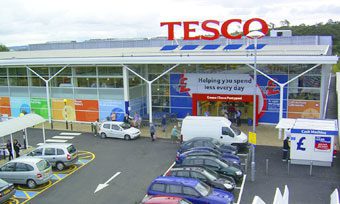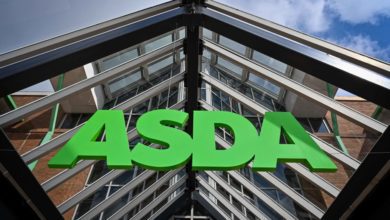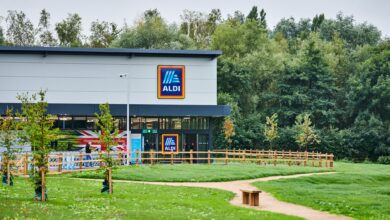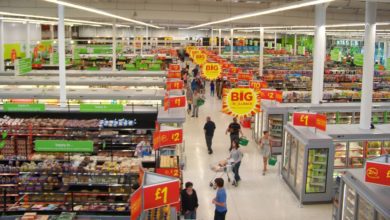GovernmentSupermarkets
MPs hit out at ‘baloney’ supermarket claims of price-cut post-merger

Neil Parish MP yesterday told Asda CEO Roger Burnley not to “give us a load of baloney” after Burnley repeatedly claimed his firm’s merger with Sainsbury’s and the product price cuts they have promised would not negatively affect small suppliers.
You'll need to
subscribe to unlock this content. Already subscribed? Login?





